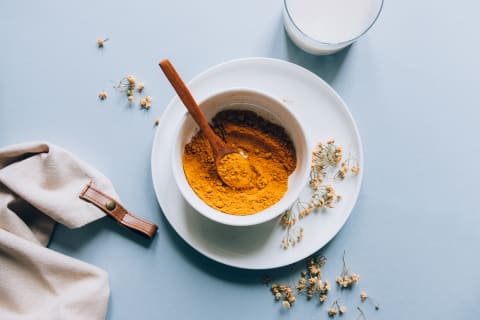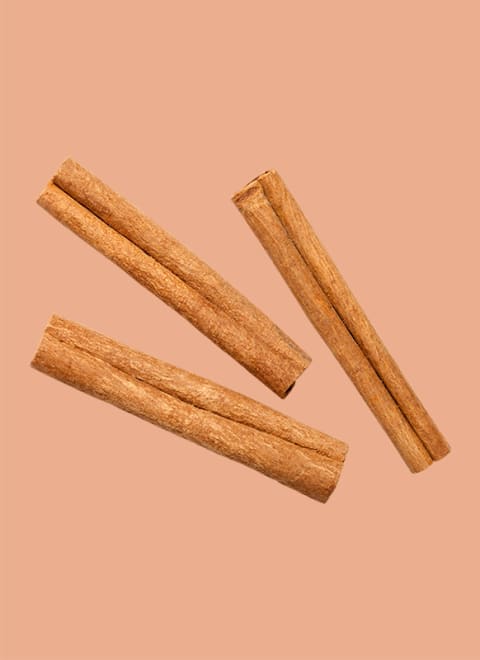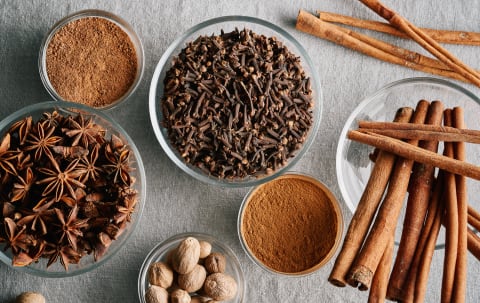While Traditional Chinese Medicine and Ayurvedic Medicine have known this for thousands of years, Western science is now catching up to discover that many spices provide powerful anti-inflammatory and energy-boosting effects, even in small doses. Bonus: They also offer antioxidants that can help you become healthier. Turmeric is composed of curcumin, known as a powerful anti-inflammatory and antioxidant. In fact, studies show that it may even have cancer-fighting benefits, can reduce pain, and can improve brain, cardiovascular, gastrointestinal and lung functions. Meanwhile, fenugreek also contains potent antioxidant properties and has been shown to increase both the male and female sex drives. How to Use It: Add curry to soups and stews, or sprinkle some over vegetables with a dash of olive oil before roasting. Studies have shown that it can also help lower blood sugar levels and improve heart health. Plus, it has antioxidant and anti-inflammatory properties, and assists with anticancer and antimicrobial (anti-infection) activity. Traditionally, this spice has been used to improve libido in both men and women, though that hasn’t yet been scientifically validated. How to Use It: Take a teaspoon of cinnamon in your morning coffee or tea, or add it to apples and oatmeal. How to Use It: I love throwing a tablespoon into soups or stews, and on my sweet potato mash. How to Use It: Add a teaspoon to spice up your breakfast eggs. Or, combine a tablespoon with a teaspoon of paprika to punch up tomato sauce. How to Use It: Cloves can be a great addition to tea or hot cider. How to Use It: Add coriander to your soups, stews or meat dishes. In the form of cilantro, this herb can also be used in salsa, salads or as a way to spice up any dish.




